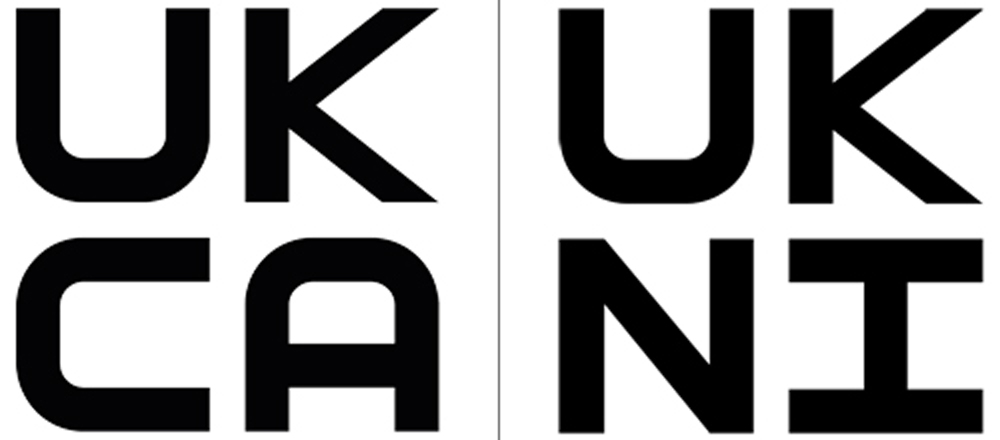-
By miguel-ingles
- In Uncategorized
Each country’s competent authorities require products that companies sell in their markets to comply with certain rules and requisites, and, in the UK, this is not an exception. In this article, I will explain the declarations of conformity in the UK.

What is a Declaration of Conformity?
A declaration of conformity is a document in which the manufacturer shows that a product complies with certain rules and requisites. A national or supranational organization imposes them for the commercialisation of an object in their markets. Consequently, this file is essential for authorities to give permission to a company to sell an object in a certain country.
I must mention the distinction between a declaration and an auto-declaration of conformity. In both cases, authorities require a conformity assessment to accompany these documents. The difference is that, for a declaration, an unaffiliated company issues this assessment. On the other hand, for an auto-declaration, the own company evaluates their product. Certain objects will require a third-party assessment, while others do not need it.
Great Britain uses UKCA marking, and the European Union, CE.
Product Markings and Declarations of Conformity in the UK
UKCA marking (UK Conformity Assessed) is the type of declaration of conformity that most products need in Great Britain (England, Wales and Scotland). It was developed after Brexit and substitutes CE marking, which is the one used in the EU.
British authorities have conceded an indefinite extension to recognition of CE marking, except for some products, such as health, construction or marine objects. On the other hand, EU does not accept UKCA. Therefore, all products that companies sell within the alliance market must use the CE declaration.
Then, the Northern Ireland case is unique. According to the Northern Ireland Protocol, there will not be a hard border to ensure the island’s economy. In this way, referring to declarations of conformity, this region will still use CE marking. However, authorities have created UKNI marking, which will accompany CE if all the following conditions are met: if a company sells products with CE marking in the Northern Irish market, if the EU laws require a declaration of conformity, if the products need a third-party conformity assessment or if a British organization carries away such assessment.
In the following links, you can find more information about UKCA and UKNI markings. In addition, the articles show which products need them for their commercialisation in the UK.
Parts of Declarations of Conformity in the UK
The parts of an UKCA declaration of conformity are:
- Name and business direction of the manufacturer or their legal representant.
- Serial and identification number of a product or a prototype.
- A declaration where the manufacturer assumes the responsibility that a product complies with the rules the authorities have established.
- Details of the organization that carried away the conformity assessment (in the case there was not an auto-declaration).
- The laws the product complies with. Rules, normative and standards form it.
- Name and signature of the manufacturer or their legal representant.
- Date of issue of the declaration.
Its structure and contents are almost identical to a CE declaration of conformity’s. Authorities only modified some terms and the order of certain structures.
Rules about UKCA Marking in Products
Legislation establishes certain rules about how UKCA marking must appear in the products. It must be perfectly visible, legible and indelible, and it must go within the own product, the packaging or accompanying documents. In addition, it must have certain dimensions, of, at least, 5 millimetres of height. The company must not place any marking or inscription that could mislead the consumer as to the meaning or form of UKCA. At last, you must take into consideration that you cannot place an UKCA marking into products, unless laws or rules specifically say so.
On the other part, a company can place UKCA and CE markings at the same time on an object if it complies with each market’s rules and if both markings are easily recognisable.
In UKStartCompany you can find articles with keys about setting up a company and how to do business with it in the UK.